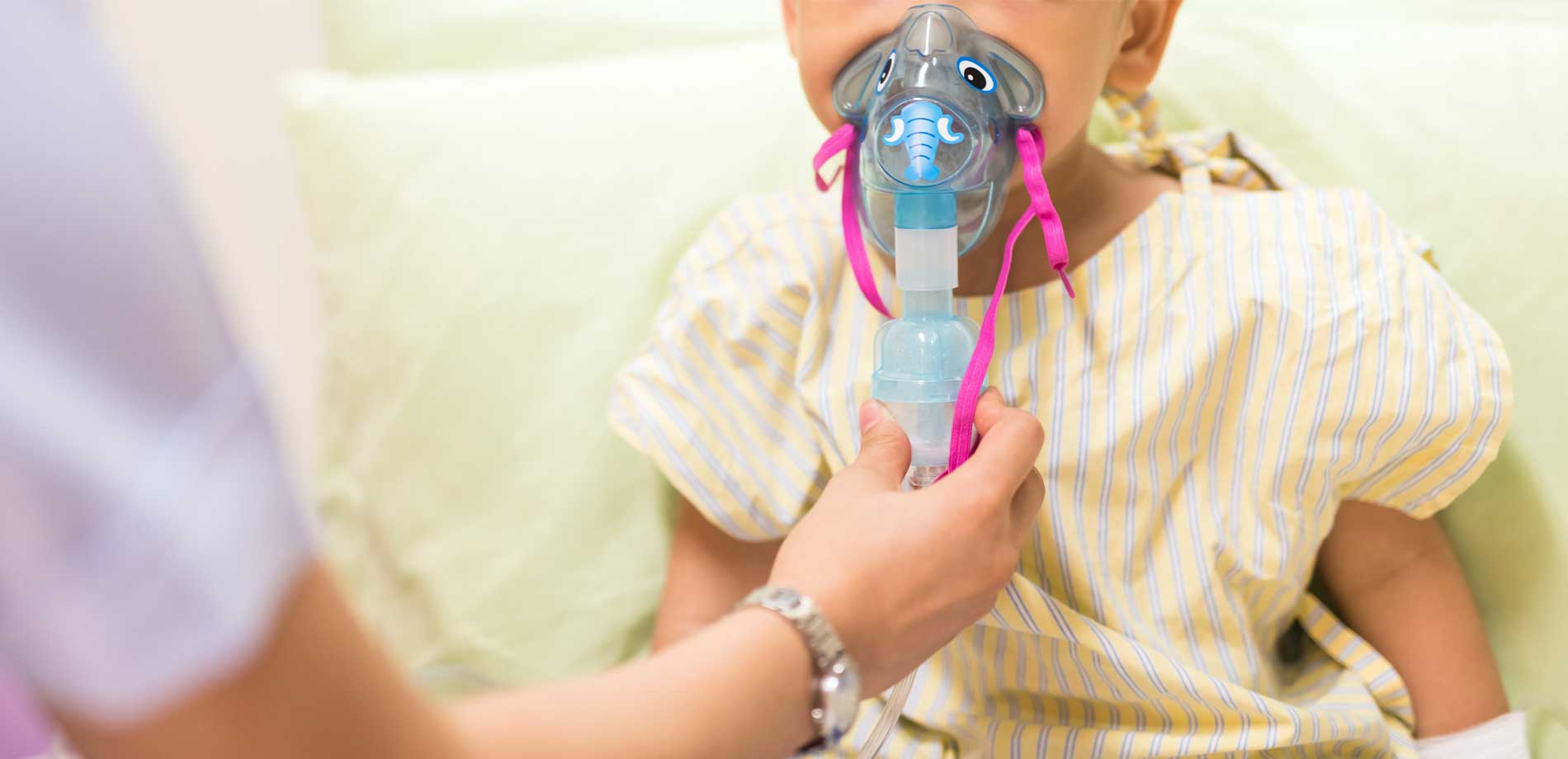The winter months in Northeast Ohio bring a surge in viruses that can cause severe illness in children. One of our pediatricians shares a few tips about how we can protect our littlest loved ones this winter.
Protecting Children from Seasonal Respiratory Viruses
The winter months in Northeast Ohio bring a surge in the viruses that can cause severe illness in children. We spoke with pediatrician, Candis Platt-Houston, MD, about the importance of immunizations and making sure the children in your life are protected against those viruses.
What are the viruses pediatric health care providers worry about this time of year?
Three viruses that affect the respiratory system tend to be prevalent during the cold-weather months. Those viruses are RSV (Respiratory Syncytial Virus), COVID-19 and influenza (the flu).
Children are at especially high risk for exposure because the viruses spread easily through schools and other settings where people closely gather. What’s most concerning is that children, particularly the youngest ones, can get very sick, be hospitalized or, in rare cases, even die from these viruses.
The good news is that we have the ability to protect children from the worst effects of these viruses through immunizations.
Most of us know about the flu and COVID, but what is RSV?
For most people, RSV causes mild symptoms similar to the common cold. But for certain groups, including older adults and young children, it can cause far more serious illness.
Like the flu and COVID, RSV is a virus that can be transmitted through the air or by touching an infected surface. It’s especially dangerous to babies under 6 months old. It can affect their ability to breath, and they can end up hospitalized and needing intensive care.
Fortunately, this year, for the first time, we have the ability to immunize babies against this dangerous virus. The RSV shot, a monoclonal antibody, is a passive immunization that provides protection for at least five months.
Who should get the RSV immunization shot?
The CDC’s guidelines call for all infants under 6 months to be immunized. Infants up to 8 months old who are at high risk for bad outcomes resulting from the virus – if they were born severely premature or have conditions like lung disease, immunodeficiency or congenital heart disease – also should get the shot.
Babies born during the RSV season (between October 1 and March 31) should receive the immunization ideally within seven days of birth. Others can be immunized as soon as they are able. Also, women who are pregnant are offered the immunization during their third trimester to provide protection for their infants before birth. Anyone with questions about whether their baby should be immunized against RSV should ask their health care provider.
How is the RSV immunization given?
Like with the flu and COVID, the RSV immunization is administered as a shot. Parents or other primary caregivers should contact their children’s providers for more information and to make an appointment.
What about older children? Should they be getting immunization shots this time of year?
Yes. Every year, we are reminded how serious the flu can be by the number of cases in our offices and Emergency Departments. And we know that COVID is still in our community; in fact, the number of COVID cases has risen in recent months.
Luckily, the newest booster covers all known the most common variants. So, we strongly recommend all children 6 months and older get the flu shot as well as the COVID shot. They can be given at the same time. As with all immunizations, ask your provider if you have any questions. Flu shots are also available for children 7 and older at all MetroHealth Pharmacies on a walk-in basis.
Besides getting their children immunized against RSV, COVID and the flu, is there anything else families can do to limit the risk of illness this season?
Absolutely. They can take important preventive measures like washing hands, covering coughs and sneezes and cleaning surfaces that are frequently touched. It’s also important that everyone remembers to stay home when they are sick.
For patients 60 years and older and pregnant patients 32-36 weeks, RSV immunizations are available at any of our MetroHealth Pharmacy locations.
Please contact your child’s care provider to schedule an RSV immunization.
If you have questions about the RSV vaccine or any other immunizations, talk with your primary care provider.












